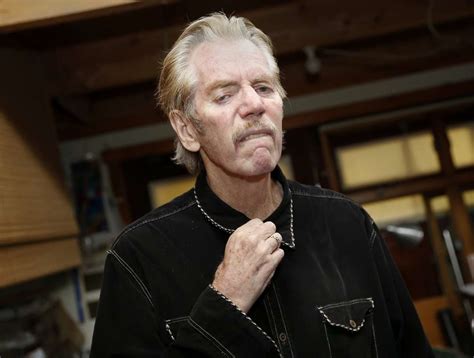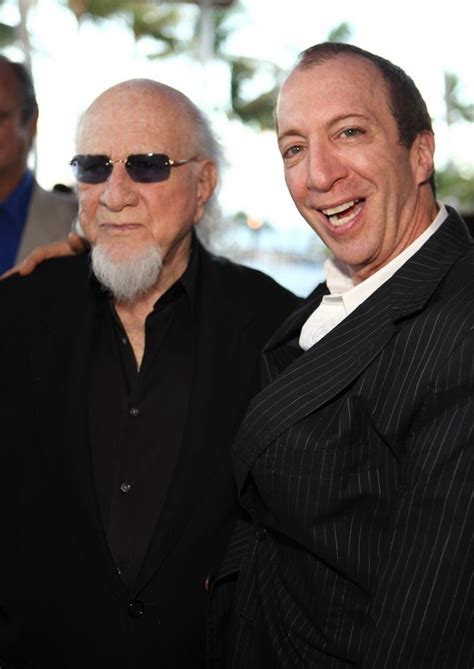A Quote by Kim Wilde
The big labels have less of a stranglehold on artists and how they record and where they go.
Related Quotes
There's definitely some sort of dissent brewing between record labels, publishing companies and artists [about the compensation they get from streaming services] Spotify is returning a HUGE amount of money [to the record labels]. If we continue growing at our current rate in terms of subscriptions and downloads, we'll overtake iTunes in terms of contributions to the recorded music business in under two years.
The music business is suffering because fewer artists are being invested in. Labels are putting in less money, taking fewer risks and signing half as many artists as they did 10 years ago. Everything is risk averse right now and there are two ways to deal with a business situation like this: either reduce your risk or increase your return. They're reducing their risk to the bone and looking for ways with their 360 deals to increase their return. They're still not making money. Artists are suffering. Labels, or music investors, are suffering.
The record business is an oxymoron. In the 1960s, there was an upside to selling plastic discs so labels took the risk - they paid for the record, for marketing, promotion, publicity, everything it took to make the artist a star. But now we have to go back to the venture capital model. The business is stopping and everyone's complaining but you can't blame labels. It's a shitty business. You do it because you're passionate, or because it's what you've always known. But if you lived through the nineties, nobody is thinking this is great compared to what it used to be.
I'm confused that there is a lack of faith in listening to and deciding what is a great song and instead going for these formulaic, bad songs over and over again. But that's what happened when people from beverage companies bought record labels and radio stations as opposed to people who love music owning record labels.



































